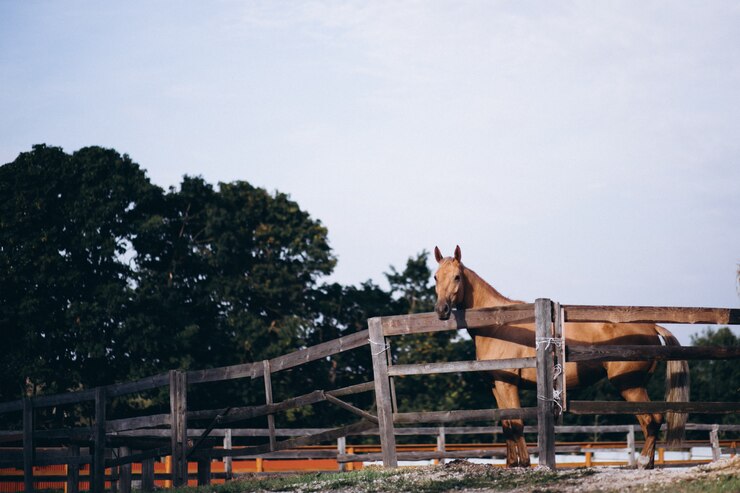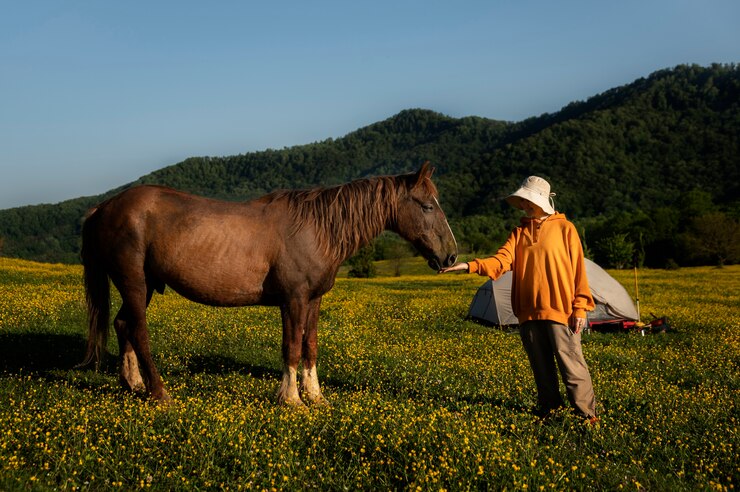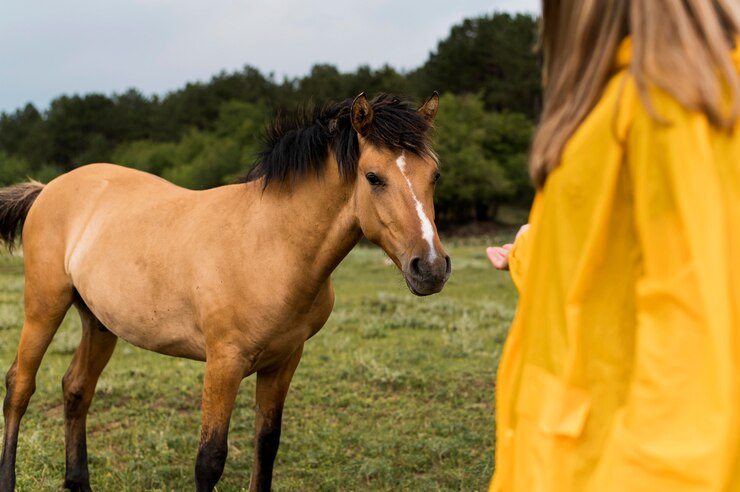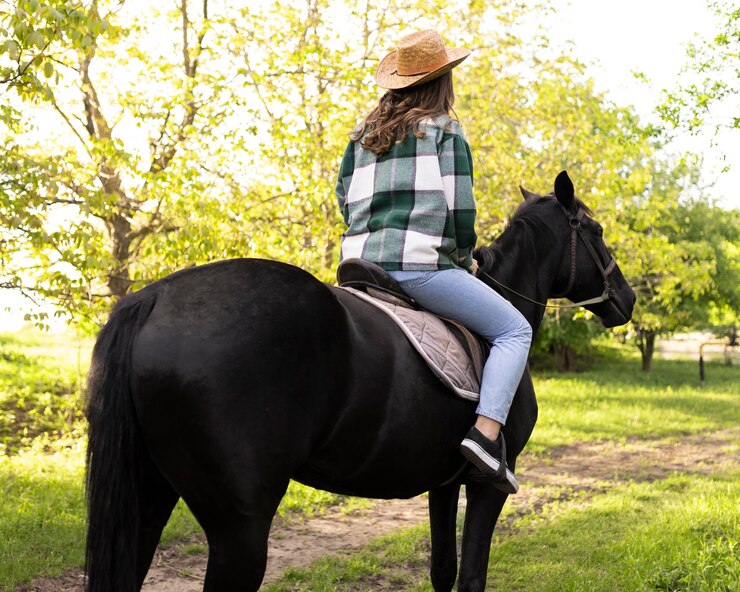As the seasons change and winter approaches, it’s essential to take proactive steps to ensure your horse’s shelter is adequately prepared for the cold weather ahead. Read More
1. Understanding the Impact of Winter Weather
Winter weather poses various challenges for horses, including:
- Cold temperatures: Exposure to cold temperatures can lead to hypothermia and frostbite, particularly in older or sick horses.
- Wet conditions: Rain, snow, and sleet can create damp and muddy environments, increasing the risk of hoof problems and skin infections.
- Wind chill: Windy conditions can exacerbate the effects of cold temperatures, making horses feel colder than the actual temperature.
Understanding these challenges is essential for taking proactive measures to protect your horse’s health and well-being during the winter months.
2. Providing Adequate Shelter
Ensure your horse has access to a sturdy shelter where they can seek refuge from the elements. The shelter should be well-insulated, with a solid roof and walls to provide protection from wind and precipitation. Consider adding bedding such as straw or shavings to provide insulation and warmth.
3. Offering Plenty of Forage
During the winter months, horses require additional calories to maintain their body temperature and energy levels. Provide plenty of high-quality forage, such as hay or grass, to help keep your horse warm and well-fed. Monitor your horse’s body condition and adjust their diet as needed to ensure they are receiving adequate nutrition.
4. Protecting Against Moisture
Take steps to prevent moisture from accumulating in your horse’s shelter, as damp conditions can increase the risk of respiratory issues and skin infections. Ensure proper drainage around the shelter to prevent water from pooling, and consider using waterproof materials for bedding and flooring.
5. Providing Fresh Water
Ensure your horse has access to clean, fresh water at all times, even in cold weather. Use heated water buckets or tank heaters to prevent water from freezing, as horses require adequate hydration to stay healthy and hydrated during the winter months.
6. Monitoring for Signs of Cold Stress
Keep a close eye on your horse for signs of cold stress, including shivering, lethargy, and decreased appetite. If you notice any signs of distress, take immediate action to provide additional warmth and shelter, and consult with a veterinarian if necessary.
7. Routine Veterinary Care
Schedule routine veterinary check-ups to ensure your horse is in good health and prepared for the challenges of winter weather. Discuss preventative measures with your vet, such as vaccinations and parasite control, to help keep your horse healthy and resilient during the colder months.
By taking proactive steps to winterize your horse’s shelter and provide adequate care and protection, you can help ensure your horse stays healthy and comfortable throughout the winter months. With proper preparation and attention to detail, you can minimize the impact of cold weather on your horse’s well-being and enjoy a safe and enjoyable winter season together.





